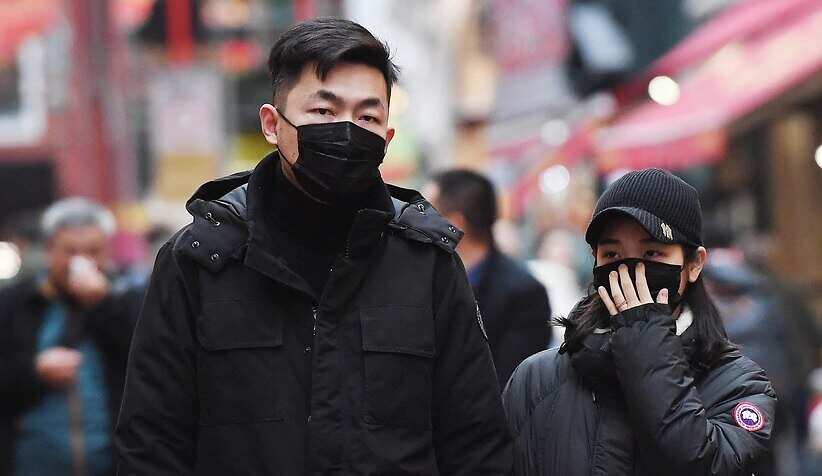Business magnate Jack Ma has donated 100 million yuan (A$21.35 million) through his foundation to help develop a vaccine for the new strain of coronavirus which has infected thousands and killed 170 people so far.
Forty million yuan (A$8.5 million) will be given to two Chinese government research organisations, a social media post from the Jack Ma Foundation said.
The remaining money will be used to support "prevention and treatment" measures, it said.
It follows an announcement on Saturday by Alibaba - the company Mr Ma co-founded - that it would set up a 1 billion yuan ($213 million) fund to buy medical supplied for Wuhan and the wide Hubei province where the virus first emerged.
Alibaba is also offering free artificial intelligence computing power to scientific research organisations to assist the search for treatments or a vaccine.

There are seven confirmed cases of coronavirus in Australia. Source: AAP
The investment follows a breakthrough by Australia scientists who were able to recreate the coronavirus in laboratory conditions, in a key step towards developing a vaccine.
The researchers from Melbourne's Peter Doherty Institute for Infection and Immunity are the first to grow a specimen outside China.
It will be shared with expert laboratories working closely with the World Health Organisation in Europe, along with laboratories across Australia.
It will also help assess the effectiveness of trial vaccines.
The coronavirus has so far killed 170 people in mainland China, infecting at least 7,000 worldwide.
There are seven confirmed cases of the virus in Australia.
One of the largest studies yet into the deadly epidemic has found the period between exposure to the new strain and developing symptoms is 5.2 days on average.
While admitting that the estimate is "imprecise," the Chinese team behind a paper published in the New England Journal of Medicine (NEJM) on Wednesday said their findings support a 14-day medical observation period for people exposed to the pathogen.
The World Health Organisation said in an update Monday that the incubation period ranged from between two and 10 days before symptoms like fever, cough, shortness of breath and acute respiratory distress emerged.
The incubation period estimate in the new study was based on 10 patients.
The team also found that human-to-human transmission had been occurring among close contacts since the middle of December 2019.
Additional reporting by AFP
Share


